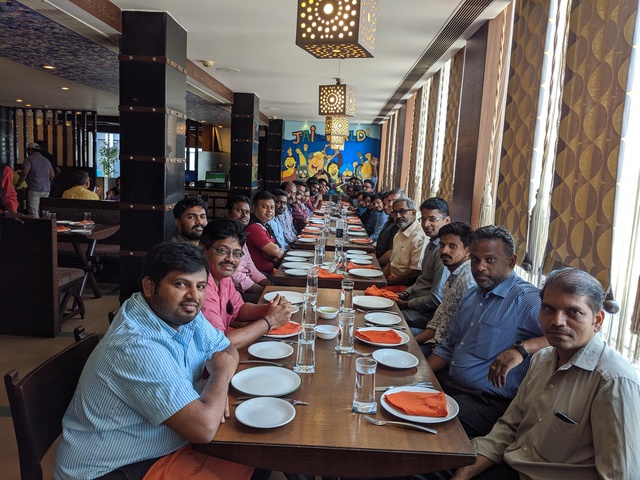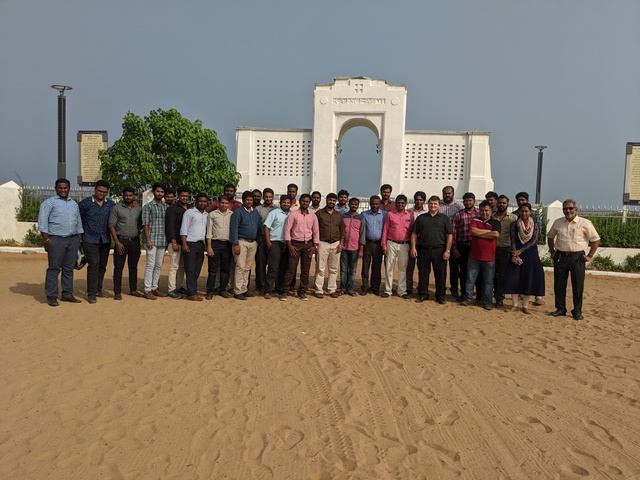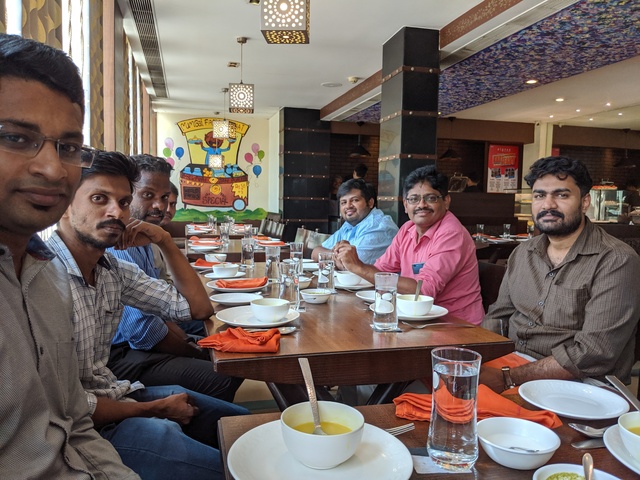News
Ballast Water Management System retrofit and D2 compliance is quickly approaching. Albion Marine is getting extremely busy with 3D laser scanning and collecting input which will form base for Engineering Design and Retrofit Packages. This time there was a trip to a few countries in Latin America and Eastern Canada. Some scans were carried out for installation of intrinsically proof equipment in the Pump Room on product and oil tankers. It was quite a challenge to fit everything during a short port stay but our team did it. Mission accomplished
 |
 |
Albion Marine Solutions team completed a Docking Inspection in a shipyard located at Nanaimo, British Columbia. Albion Marine Solutions has been appointed, by the Government of Canada, to provide technical services and inspection for a ship deconstruction project. Inquire about our services
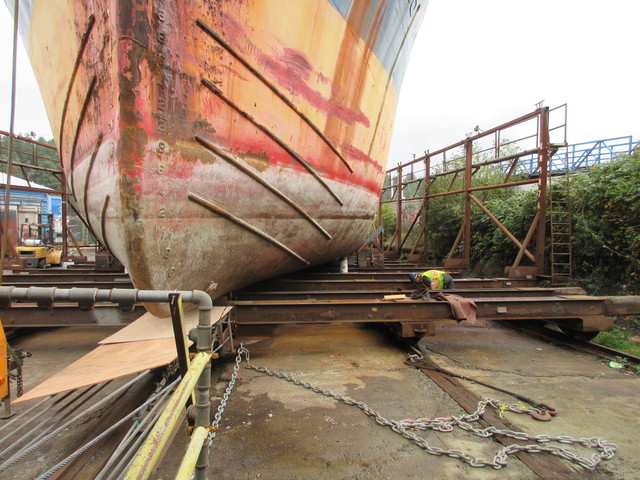 |
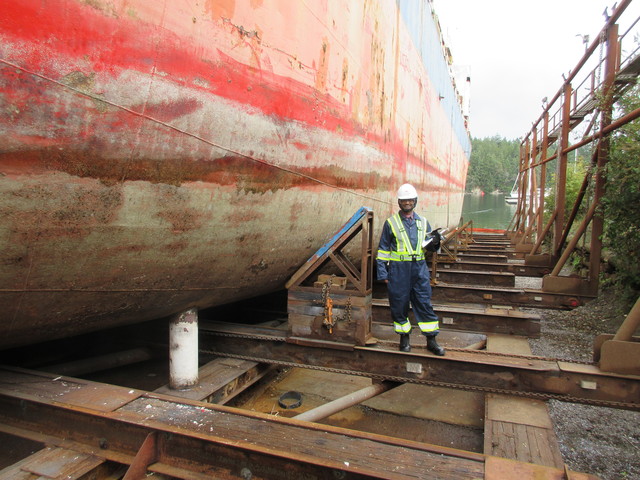 |
BIMCO submitted a proposal to the IMO that aims to help curb emissions by regulation ships’ power, rather than focusing on raw speed limits, and presents a way to cut emissions based on the average performance of each ship type trading at target operational speeds for the past three years. Read more
 |
A stand on vessel is obligated to take ‘escape’ action to avoid a collision under Rule 17(b) of the Collision Regulations, but when should this be done? The Nautical Institute’s Managing Collision Avoidance at Sea recommends the amount of time it takes to travel six ship lengths. More information


